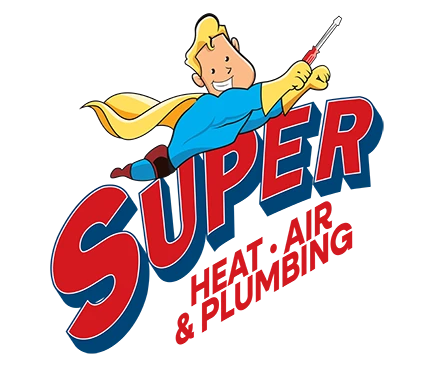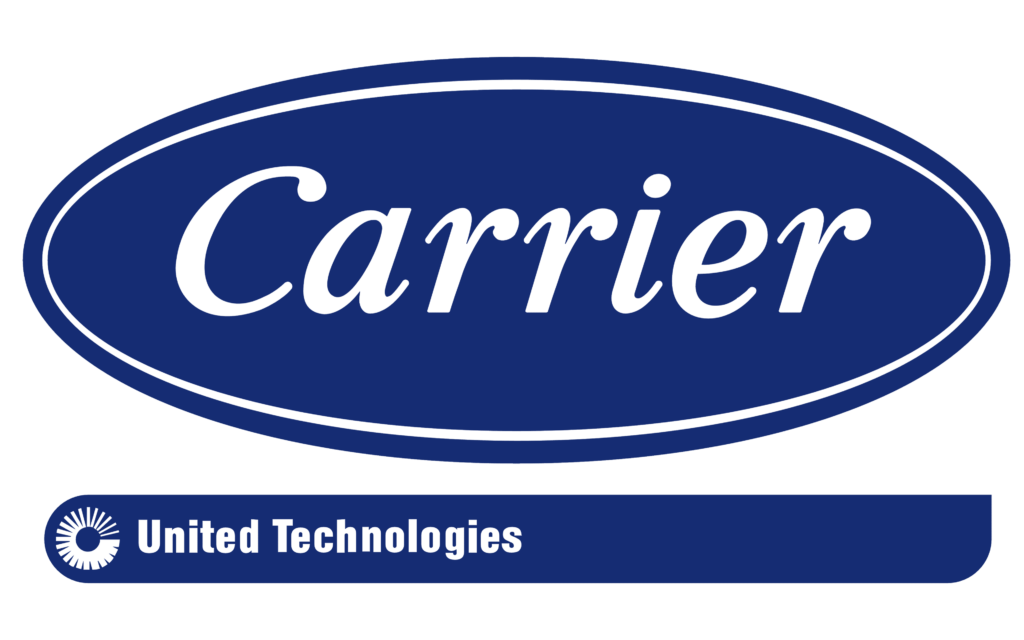One of the most asked questions that we get at Super Heat, Air, and Plumbing, is how long will my AC system last, and when should I get my current AC replaced? While advancements in technology have certainly extended the lifespan of AC units, they still deteriorate in about 10-15 years in the Florida heat where they are running 4 TIMES more than the national average. The pros at Super Heat, Air, and Plumbing have come up with a list of factors to consider when deciding whether or not to replace your AC system. Take a look:
First, let’s talk a little about AC maintenance.
The Effect of Maintenance on the Lifespan of Your AC
Good preventative AC maintenance can keep your AC working at its best longer, and more efficiently. Here are a few things to do to keep your AC running at peak efficiency:
- Change the filter regularly (every 1-3 months)
- Get your AC tuned up/serviced each season
- Remove any debris from the outside unit
- Check on and replace refrigerant insulation if necessary.
Tip: In addition to maintenance, another factor to impact your AC lifespan is if the unit is the wrong size for your home. Oversized air conditioners will short-cycle ( turn on and off rapidly) which wears out the compressor and moves parts more quickly and raises energy costs.
Doing these things regularly will have a large impact on the lifespan and longevity of your air conditioner.
To Replace or Not to Replace…
Consider these factors when replacing your AC unit:
Age
If your AC is older, you might want to replace the outdoor compressor with something more efficient, if you don’t want to replace the whole system just yet. Even if your AC unit is only 10 years old, today’s best air conditioners use around 20-40% less energy for the same amount of cooling capacity.
If your AC is on the older side, call the pros at Super Heat, Air, and Plumbing for an AC consultation. We will recommend ways to make your AC run more efficiently and discuss whether it is time to install a new unit. Call us at [hls_phone_number]
Related reading: What Is the Most Expensive Part of Your AC Unit?
SEER Rating
Another important factor in AC life expectancy is the unit’s SEER rating. SEER stands for the Season Energy Efficiency Ratio, which measures how much cooling your unit will put out for every 1 unit of energy that it consumes. In the past, the minimum efficiency requirement was 10 SEER. Today, units are designed to operate efficiently at 13 SEER, or 30% more efficient than their older counterparts. AC units drop in efficiency over time, so keep that in mind as well.
R-22 Usage
If your AC is around 10-13 years old, it is likely nearing the end of its life expectancy. If your AC unit is using R-22 refrigerant, this is a sign that it’s time for a replacement as well. R-22 is a chemical that has ozone-depleting potential and has been determined to be harmful to the environment. If your system is using R-410-A refrigerant, it is new enough that it is not nearing the end of its life.
Overall Efficiency
Efficiency is key to the performance and cooling ability of your AC unit. ( It also helps keep the energy bills down too!) A technician from Super Heat, Air, and Plumbing can run diagnostic tests to see how efficient your unit is running, and if it might be time for an upgrade.
Learn more: How Long Should Your AC Unit Last?
Air Conditioner Replacement in Tampa Bay, FL
If your yearly energy costs keep rising and you just can’t keep your home cool, an outdated AC system could be the issue! Schedule an appointment on the phone at [hls_phone_number] or online with Super Heat, Air, and Plumbing, and one of our friendly HVAC pros will help you find the best solution for your home. P.s. Don’t forget our Super Fast Guarantee!



